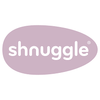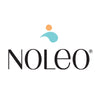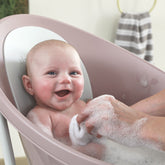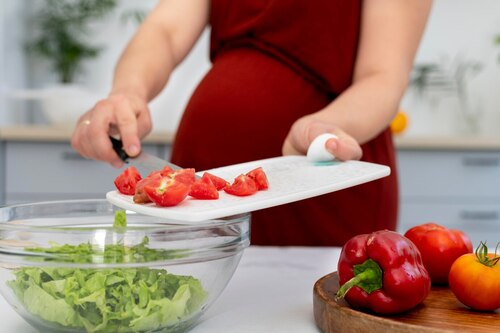Maintaining good oral hygiene is essential during pregnancy, but many expectant moms wonder whether mouthwash is safe to use. The good news? Yes, mouthwash is generally safe during pregnancy—provided you choose the right kind. Let’s explore why oral health matters during pregnancy, what ingredients to avoid, and how to choose a pregnancy-safe mouthwash.
Fluoride (in moderate amounts) – Helps prevent cavities but shouldn’t be overused
Antibacterial ingredients – Helps fight plaque and gum disease
Mild flavor – Strong flavors may trigger nausea for some pregnant women
ADA-approved – Look for the American Dental Association (ADA) seal for safety
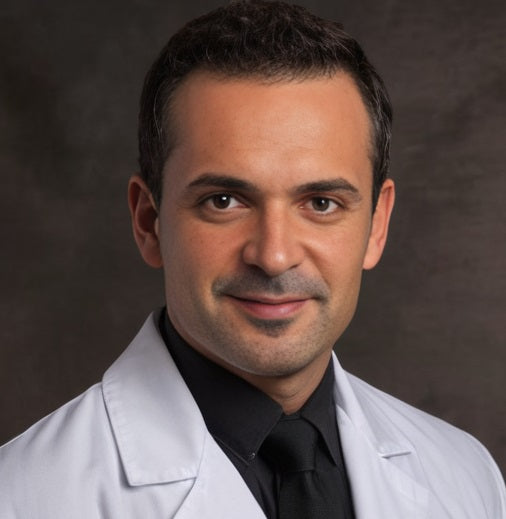
Why Oral Health Matters During Pregnancy
Pregnancy hormones can increase the risk of gum disease, cavities, and other oral health issues. Some common pregnancy-related concerns include:- Pregnancy gingivitis – Swollen, bleeding gums due to hormonal changes
- Increased risk of cavities – Cravings for sugary foods and morning sickness can contribute to tooth decay
- Pregnancy tumors – Benign growths on the gums that usually disappear after birth
- Link to preterm birth – Poor oral health has been associated with premature labor and low birth weight
What Mouthwash Ingredients Should You Avoid?
While most mouthwashes are safe, some contain ingredients that pregnant women may want to avoid:1. Alcohol-Based Mouthwashes
Some mouthwashes contain alcohol, which can cause dry mouth and irritation. While there’s no direct evidence that alcohol-based mouthwashes harm pregnancy, many experts recommend choosing an alcohol-free version to be safe.2. Chlorhexidine (Prescription Mouthwash)
This is a strong antibacterial ingredient found in some prescription mouthwashes. It’s generally safe but should only be used under a dentist’s guidance.3. Fluoride in Excessive Amounts
Fluoride is beneficial for preventing cavities, but excessive amounts can cause mild concerns. If you’re already using fluoridated toothpaste, a fluoride-free mouthwash may be an option to avoid overexposure.4. Essential Oils (in Some Natural Mouthwashes)
Some essential oils, like eucalyptus and peppermint, are found in natural mouthwashes. While they are generally safe in small amounts, they should be used with caution during pregnancy.How to Choose a Pregnancy-Safe Mouthwash
When selecting a mouthwash, look for these key features: Alcohol-free – Reduces the risk of irritation and dry mouthFluoride (in moderate amounts) – Helps prevent cavities but shouldn’t be overused
Antibacterial ingredients – Helps fight plaque and gum disease
Mild flavor – Strong flavors may trigger nausea for some pregnant women
ADA-approved – Look for the American Dental Association (ADA) seal for safety
Safe Mouthwash Alternatives for Pregnancy
If you prefer a natural alternative, consider:- Saltwater rinse – Mix warm water with salt to soothe swollen gums
- Baking soda rinse – Helps neutralize acids after morning sickness
- Homemade herbal rinse – Chamomile tea or diluted coconut oil can help with gum inflammation
Final Thoughts
Using mouthwash during pregnancy is safe as long as you choose the right kind. An alcohol-free, mild, and ADA-approved formula can help maintain oral health without risks. If you’re unsure, talk to your dentist or doctor about the best options for you. Keeping your mouth healthy is an important part of a healthy pregnancy!
Content Reviewed by Dr V.
Learn MoreDr. Vaheh Shirvanian, a family medicine physician and father. With over 17 years of experience, he specializes in inpatient acute hospital care, outpatient family medicine, urgent care, emergency medicine, and hospice care. Dr. V is passionate about guiding new parents through the challenges and joys of parenthood, offering compassionate and expert support at every step.
Tags:

